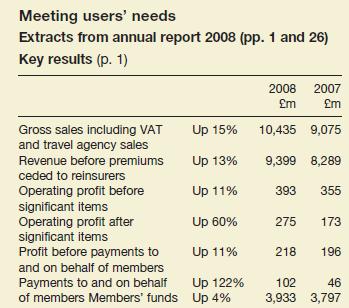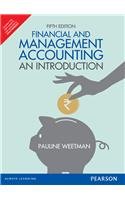Directors are expected to exercise their judgement when making decisions in the best interests of the Society
Question:
Directors are expected to exercise their judgement when making decisions in the best interests of the Society as a whole, mindful of their responsibilities to members and other stakeholders. What is a co-operative? (from the website) Unlike lots of other businesses, a co-operative doesn’t have tradeable shares like a plc whose values can fluctuate. A co-operative, however, is owned equally and fairly by its members – people like you! We’d far rather give our profits back to our members and the community than to faceless shareholding institutions. You know that twice-yearly payment you get from us? That’s actually a share of our profits! And the more you spend with us, the more of a profit you get back! How neat is that? Your dividend is linked to how much profit we make. Not many businesses give back that sort of money to their customers.
 Values in action (from the website) Our family of businesses has a set of social goals which underpin everything we do, called our values and principles. We have asked members what is important to them, and they have told us. By exercising their democratic rights, members make sure that we have long standing agreements with Fairtrade producers, that we do not deal with arms traders, that we can offset the carbon that is produced when we fly, and that we do give back to the communities in which we trade. That is pretty special.
Values in action (from the website) Our family of businesses has a set of social goals which underpin everything we do, called our values and principles. We have asked members what is important to them, and they have told us. By exercising their democratic rights, members make sure that we have long standing agreements with Fairtrade producers, that we do not deal with arms traders, that we can offset the carbon that is produced when we fly, and that we do give back to the communities in which we trade. That is pretty special.
Discussion points
1. Who might be included in the stakeholders to whom the directors are responsible?
2. To what extent do the ‘key results’ meet the needs of users of financial statements?
Step by Step Answer:

Financial And Management Accounting An Introduction
ISBN: 9789332511200
5th Edition
Authors: Pauline Weetman





